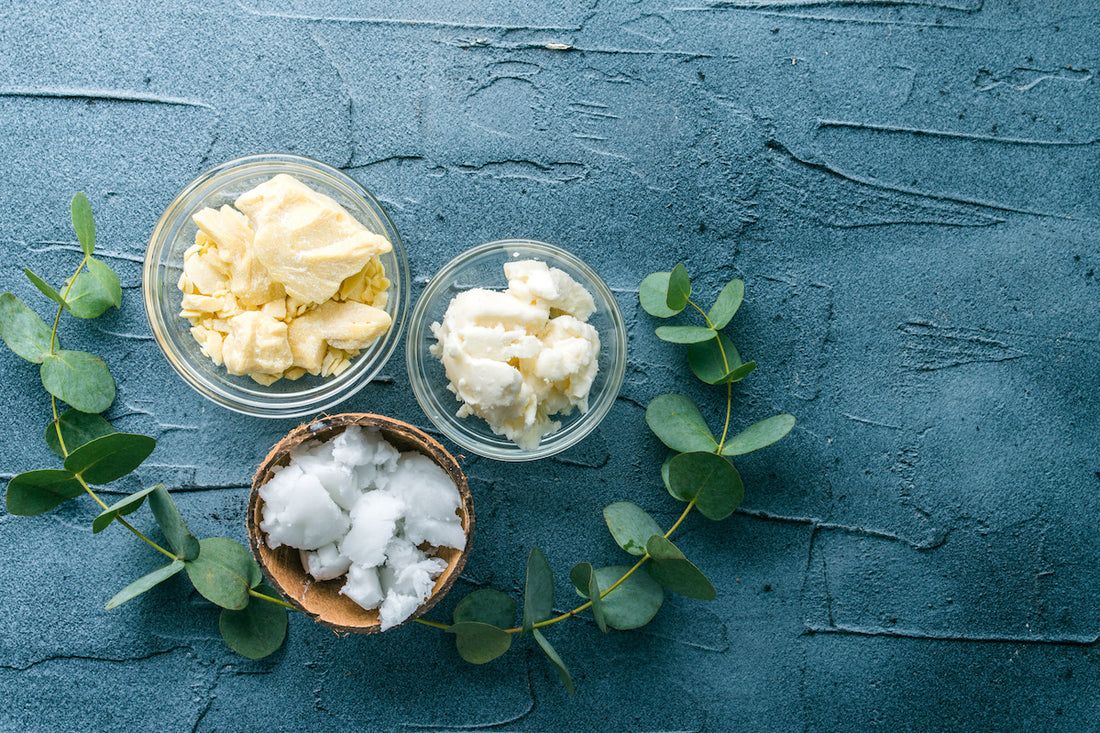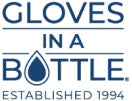
The Risks of Using Shea Butter for Eczema
If you’ve ever had the misfortune of suffering from eczema, you probably have tried out numerous different products and moisturizers to help soothe your irritated skin. Using shea butter for eczema has been a popular choice but is it the best one?
If you have eczema then you are battling dry, flaky, itchy and inflamed skin. You need to be careful of what you put on your irritated skin so that you aren’t taking the risk of making it worse. Finding the right ingredients and product for eczema can be a challenge so it’s good to know the pros and cons of popular ingredients like shea butter.
What Is Shea Butter?
Shea butter comes from the shea tree (Vitellaria paradoxa) which grows in West and East Africa. It is the fat that is found inside the nut of the shea fruit. It has been used for thousands of years and has been used on the skin, on the hair, in manufacturing as well as in cooking. It is a common ingredient in body butters.
Is Shea Butter Good for Skin?
You will no doubt have heard of the wonders of shea butter. It has been used to treat numerous conditions such as skin burns, dandruff, skin discoloration, stretch marks and dry skin, just to name a few.There are many benefits to using shea butter on your skin so it’s an easy yes!
Shea butter is an effective skin softener, keeping the skin moisturized and smooth due to its high levels of lipids and vitamin E. It can be used on the face and body and reduces inflammation, is filled with antioxidants, has antimicrobial properties all while helping to prevent signs of ageing.
Is Shea Butter Good for Face?
While using shea butter can have so many skin benefits like being deeply moisturizing, reducing inflammation, helping to fight the signs of aging as well as having antimicrobial properties, using it on the face may cause acne breakouts due to its high fat content. It’s best to avoid it if you have acne-prone skin.
Pros and Cons of the Different Forms of Shea Butter
With most things that sound too good to be true, there are usually some downsides. Using shea butter is no different. Even though it has many great qualities, the issue lies with what type of shea butter you use. (Yes, it’s not that easy!)
When using shea butter for eczema, you need to be aware that there are two different kinds: raw, unrefined shea butter and refined shea butter. The butters can also come in different grades which affect the quality of the product.
Unrefined Shea Butter
The unrefined butter is all natural and contains many beneficial nutrients, making it a good moisturizer. It also contains all of its naturally active ingredients and antioxidants to help smooth out the skin. Unfortunately, it can be gritty and the smell of raw shea butter is very earthy and many find it unpleasant. It is extremely thick and heavy which means it takes a long time to absorb into your skin. Because of its thickness, it may clog pores and cause further breakouts on naturally oily skin.
Overall, raw shea butter can be helpful on eczema problem areas for overnight treatment but is not convenient or ideal for all-day wear.
Refined Shea Butter
Refined shea butter in general is smoother, lighter and absorbs into your skin more easily which would make it more ideal for daytime wear on eczema prone skin. However, the refining process can strip it of as much as 95% of its natural vitamins.¹ Another issue is that products that contain refined shea butter often come with added chemicals and fragrances that can increase the likelihood of skin irritations.
If you are using shea butter for eczema, the last thing you want is to be applying hidden chemicals or perfumes that can flare up already inflamed skin.
Something to Be Mindful About
Many products advertising that they contain the goodness of shea butter unfortunately do not contain enough of it for your skin to benefit from it. To make matters worse, because of its origins, you also want to make sure that your shea butter is ethically sourced and is Fairtrade so know where it comes from and where it’s made.
What Should You Use for Eczema?
While shea butter has the potential to provide excellent benefits to your skin, there are many factors to be aware of.
As an alternative, using a shielding cream like Gloves in a Bottle can give you all the moisturizing, soothing and protective benefits of shea butter but without the factors to look out for. Gloves in a Bottle is lightweight and non-greasy so is perfect for all-day wear. It locks in your skin’s own natural moisture and has no harsh chemicals or perfumes to irritate your skin. By creating an ‘invisible shield’ on the top layer of your skin, it helps protect your eczema prone skin from external irritants.
While there are many different products out there, like using shea butter for eczema, Gloves in a Bottle is one that comes with no downsides. It’s straight-up effective and you won’t need to read the ingredients label to make sure that it’s good. Afterall, don’t we want more simplicity in life?
